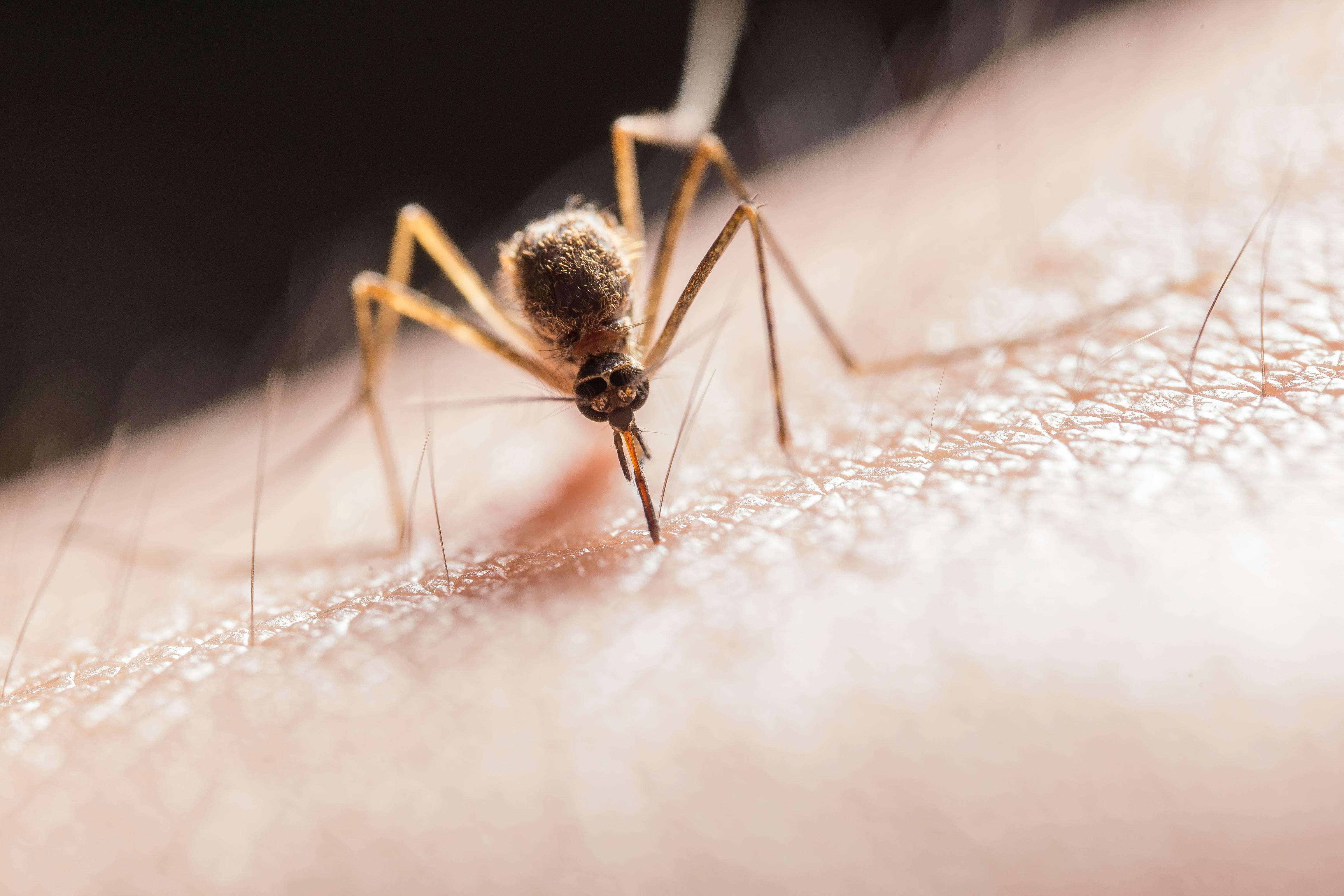2024-04-23 ジョージア大学 (UGA)
<関連情報>
- https://news.uga.edu/magic-mushrooms-can-treat-medication-resistant-depression-are-they-safe/
- https://jamanetwork.com/journals/jamanetworkopen/fullarticle/2817352
シロシビンの治療用量による急性副作用、系統的レビューとメタ分析 Acute Adverse Effects of Therapeutic Doses of Psilocybin、A Systematic Review and Meta-Analysis
Akhila Yerubandi, PharmD; Jennifer E. Thomas, PharmD; N. M. Mahmudul Alam Bhuiya, MPharm; et al
JAMA Network Open Published:April 10, 2024
DOI:10.1001/jamanetworkopen.2024.5960

Key Points
Question What are the notable acute adverse effects for therapeutic doses of psilocybin in the treatment of depression and anxiety?
Findings In this meta-analysis of 6 randomized, double-blind clinical trials with 528 patients, headaches, nausea, anxiety, dizziness, and fluctuations in blood pressure occurred significantly more frequently with psilocybin vs comparators. Psilocybin use was not associated with risk of paranoia and transient thought disorder.
Meaning The findings of this study suggest a tolerable acute adverse effect profile for therapeutic doses of psilocybin, but rare and long-term adverse effects need to be further elucidated.
Abstract
Importance Psilocybin has been studied in the treatment of depression and anxiety disorders. Clinical studies have mainly focused on efficacy, with systematic reviews showing favorable efficacy; however, none have primarily focused on psilocybin safety.
Objective To evaluate the acute adverse effects of psilocybin at therapeutic doses in the treatment of depression and anxiety.
Data Sources MEDLINE via PubMed, Web of Science, and ClinicalTrials.gov were searched for publications available between 1966 and November 30, 2023.
Study Selection Randomized, double-blind clinical trials that reported adverse effects of psilocybin in patients treated for depression and anxiety were screened.
Data Extraction and Synthesis Data were independently extracted by 2 authors and verified by 2 additional authors following the Preferred Reporting Items for Systematic Reviews and Meta-Analyses guideline. The inverse variance method with the Hartung-Knapp adjustment for the random-effects model was used, with a continuity correction of 0.5 for studies with 0 cell frequencies. Sensitivity analysis was conducted by sequentially removing 1 study at a time to assess the robustness of the results.
Main Outcomes and Measures The primary outcome was considered as the adverse effects of psilocybin at high and moderate (ie, therapeutic) dose regimens and compared with placebo, low-dose psilocybin, or other comparator in the treatment of depression and/or anxiety.
Results Six studies met the inclusion criteria with a total sample of 528 participants (approximately 51% female; median age 39.8 years; IQR, 39.8-41.2). Seven adverse effects were reported in multiple studies and included in the analysis. Among these, headache (relative risk [RR], 1.99; 95% CI 1.06-3.74), nausea (RR, 8.85; 95% CI, 5.68-13.79), anxiety (RR, 2.27; 95% CI, 1.11-4.64), dizziness (RR, 5.81; 95% CI, 1.02-33.03), and elevated blood pressure (RR, 2.29; 95% CI, 1.15- 4.53) were statistically significant. Psilocybin use was not associated with risk of paranoia and transient thought disorder.
Conclusions and Relevance In this meta-analysis, the acute adverse effect profile of therapeutic single-dose psilocybin appeared to be tolerable and resolved within 48 hours. However, future studies need to more actively evaluate the appropriate management of adverse effects.


